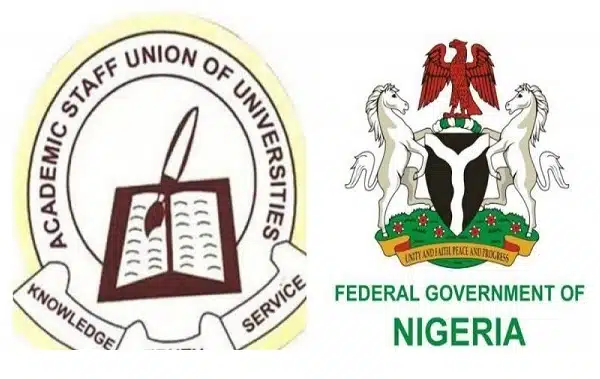The Academic Staff Union of Universities (ASUU) has escalated its warnings to the federal government, expressing deep concern over delays in the renegotiation of agreements affecting university staff welfare. The warning comes in the wake of a recent National Executive Council (NEC) meeting held at Taraba State University, Jalingo, where union leaders assessed the current status of negotiations and the federal government’s perceived inaction.
The union’s statement has reignited national discussions about the sustainability of Nigeria’s higher education sector and the urgent need for the government to meet its commitments to lecturers, staff, and students. With potential implications for academic calendars and final-year projects across the country, this development is critical for students, parents, policymakers, and the public at large.
NEC Meeting Highlights
The ASUU NEC convened from November 8–9, 2025, to review ongoing negotiations and determine the union’s next course of action. Key points from the meeting include:
- Concern over Government Delays: ASUU condemned what it described as the federal government’s inconsistent approach to renegotiations. The union noted the “slow pace and lack of commitment” from the government, emphasizing that the delay undermines previous agreements.
- Suspension of Warning Strike: In late October 2025, ASUU suspended a warning strike in good faith, hoping the federal government would use the one-month window to finalize meaningful agreements. The union now expresses disappointment at the negligible progress made during this period.
- Salary Increment Rejection: The NEC criticized the government’s proposed salary increase, labeling it as “a mere drop in the ocean” and insufficient to meet the living and professional needs of university staff.
- Rejection of Misrepresentation: ASUU warned against portraying partial measures, such as the payment of arrears for promotions, as comprehensive solutions to staff welfare issues.
- Financial Feasibility Highlighted: The union challenged claims of insufficient funds, pointing out significant increases in federal and state allocations in recent years. According to ASUU, this demonstrates that the issue is political will, not financial capability.
The Core Issues
ASUU’s warning underscores several long-standing challenges facing Nigerian universities:
- Wages and Conditions of Service: Academic staff salaries remain a central point of contention. ASUU argues that inadequate remuneration undermines quality teaching and research.
- Infrastructure Deficits: Beyond salaries, universities require modern laboratories, lecture halls, and equipment to maintain global standards. The NEC highlighted that current conditions fall far below what is necessary to train future leaders effectively.
- Political Will: ASUU insists that sufficient funds exist, but government action has been slow. This perceived lack of political commitment threatens the stability of the academic calendar.
- Impact on Students: Delayed negotiations and potential strikes jeopardize student learning, project completion timelines, and graduation schedules. Final-year students, in particular, face disruptions that could affect project defenses, internships, and employment opportunities.
Implications for Students and Stakeholders
The current stalemate between ASUU and the federal government carries significant consequences:
- Academic Disruption: Without timely resolution, renewed strikes could halt lectures, practical sessions, and research, particularly affecting universities with ongoing final-year projects.
- Project Deadlines: Students may face compressed timelines for thesis submissions, laboratory experiments, and other academic milestones. Planning ahead and engaging supervisors proactively is crucial.
- National Education Quality: Persistent delays threaten Nigeria’s higher education competitiveness globally. Students graduating into an under-resourced system may find themselves at a disadvantage internationally.
- Public Accountability: The union has called on traditional rulers, labor unions, students, civil society, and concerned Nigerians to pressure the government to prioritize education and staff welfare.
Why This Matters
Education remains the cornerstone of national development. ASUU’s warning is not merely about pay; it signals broader concerns regarding the commercialization of education, neglect of university infrastructure, and erosion of academic standards.
Looking Ahead
The NEC has made it clear that the window for meaningful renegotiation is closing. The federal government faces mounting pressure to take decisive action or risk a renewed strike that could disrupt the academic lives of thousands of students.
Key questions remain:
- Will the government finally meet ASUU’s demands with concrete commitments?
- How will students and academic staff mitigate potential disruptions to teaching, research, and graduation schedules?
- Can public pressure ensure that education is treated as a priority rather than a commercial venture?
For students, parents, and stakeholders, the unfolding situation is a reminder that active engagement and awareness are essential to safeguarding educational outcomes in Nigeria.



